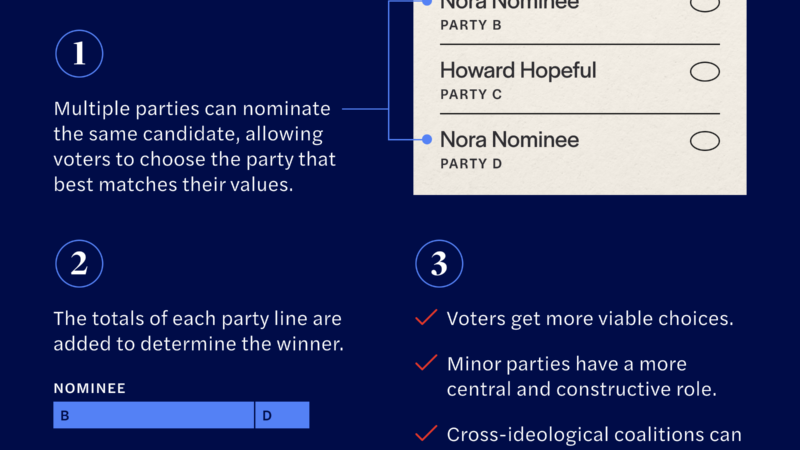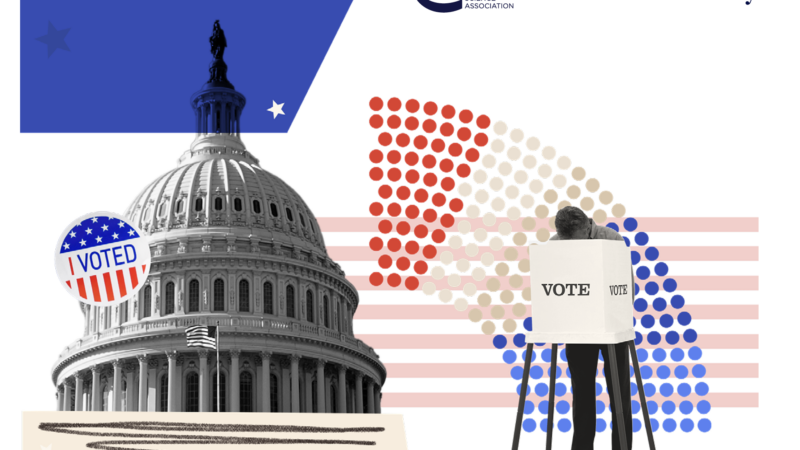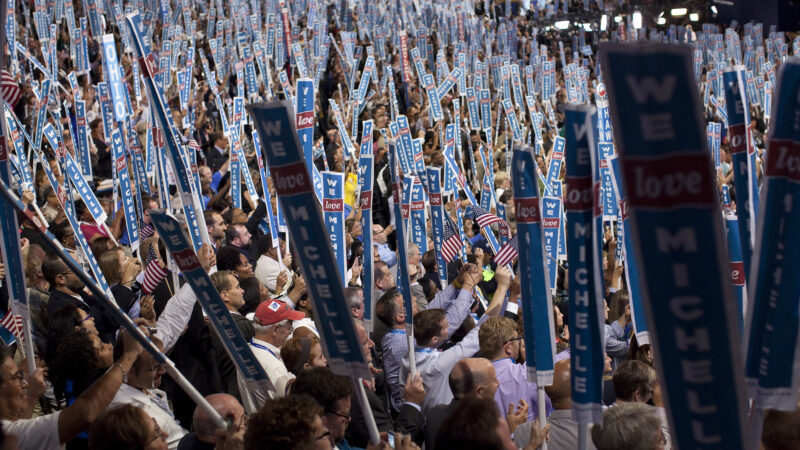Shifted momentum towards proportional multi-member districts through original research, organizing hundreds of top political scientists to publicly speak out, and generating new media coverage.
Shaping the Democracy of Tomorrow
Our Work
Democracy requires institutions that inspire faith — that our political system is representative and responsive, that civic participation is valuable, and that democracy can deliver for the people.

For many voters, recent elections have felt existential. They’re not wrong: The stakes are as high as they appear to be. This seemingly endless cycle is no accident: Our electoral system is particularly vulnerable to the global authoritarian wave. Polarization and a strict two-party system have empowered a small authoritarian faction to gain control of one of the two parties. As a result, every election has become an us-versus-them battle wherein democracy itself seems to hang in the balance.
A country as large and as diverse as the United States demands a democracy that facilitates healthy competition, robust representation, and pluralism in our politics. Yet our electoral system: disadvantages minority voices; stifles competition; limits the number of political parties; escalates extremism; limits voter choice; and exacerbates political violence.
Stopping the authoritarian threat requires bold and ambitious long-term strategies to ensure that the Democracy of Tomorrow better reflects the will of all Americans and is oriented toward collaboratively addressing our country’s most pressing challenges.
- Replacing winner-take-all elections with a more proportional system of representation.
- Advocating for more and better political parties that responsibly promote democracy.
- Legalizing fusion voting to help break the two-party doom loop.
Advanced several provisions of the Protecting Our Democracy Act, a package of democratic guardrails reforms we helped congressional leaders assemble, which President Biden signed into law.
Impact in the News

Political Violence & US Democracy Political Violence & US Democracy
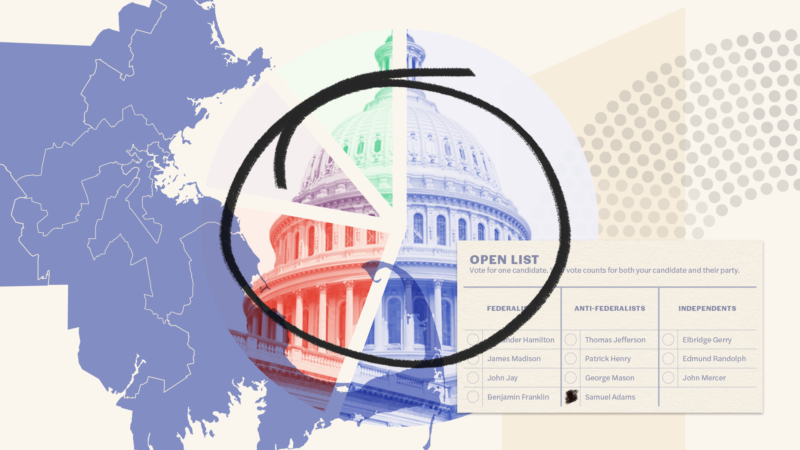
Proportional representation, explained
Proportional representation is an electoral system that elects multiple representatives in each district in proportion to the number of people who vote for them.
December 5, 2023
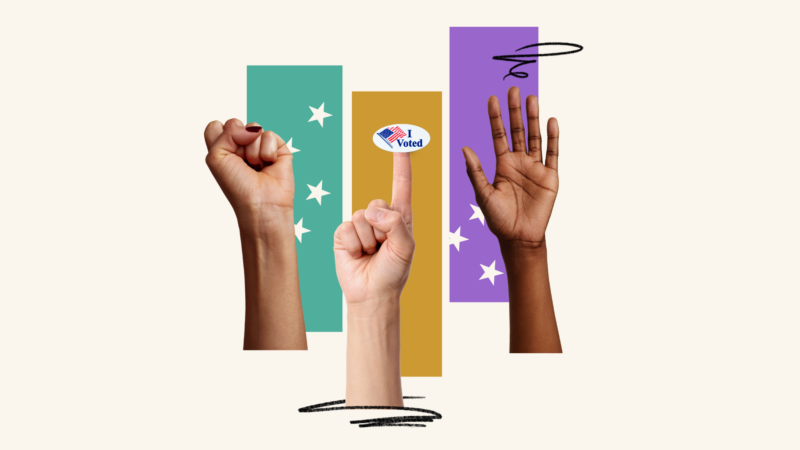
How does Gen Z really feel about democracy?
A survey of young Americans shows they don't think as a monolith and offers three distinct profiles of how they perceive democracy, engage with civic life, and see their role in shaping the future.
April 6, 2025
How would constituent services in American multi-member districts work?
This paper by Anne Meeker and Lee Drutman explains how congressional casework operates today, and how it might operate in a future House of Representatives elected by proportional representation.
April 2, 2025
Trapped in a Two-Party System
Americans want more parties, but we only get two. Our paper details how to give Americans more choices at the polls.
March 18, 2025

Expanding the House of Representatives, explained
How expansion of the House of Representatives could work — and why it would benefit democracy
January 24, 2025
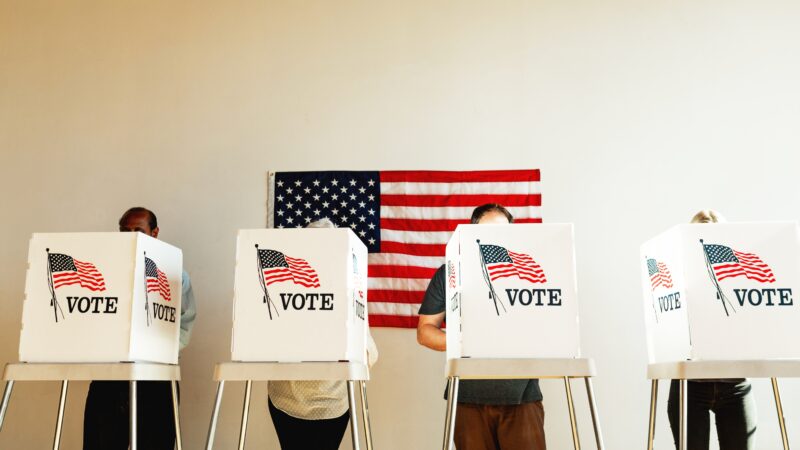
Proportional Representation: Boosting Voter Turnout and Strengthening Democracy
Across the world, proportional representation tends to increase voter turnout compared to winner-take-all.
December 3, 2024
175 American Scholars Write Letter Supporting Select Committee on Electoral Reform
On Tuesday, 175 political scientists, historians, and legal scholars released a letter to members of the U.S. House in support of the Resolution Establishing the Select Committee on Electoral Reform.
November 21, 2024
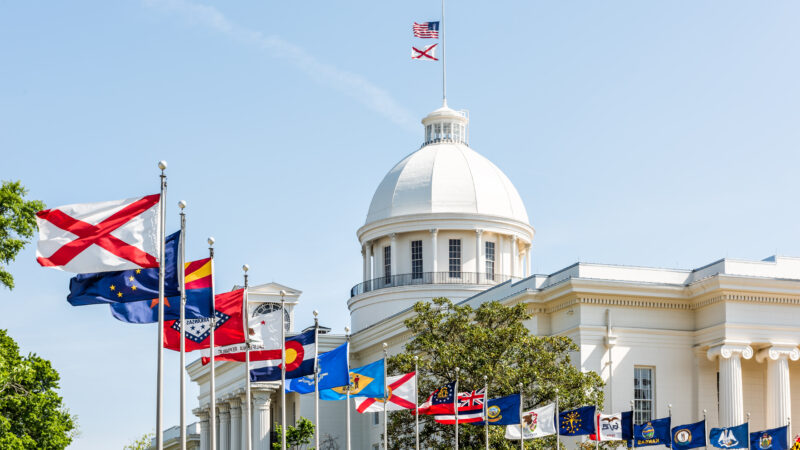
What would proportional representation look like in a state legislature?
Proportionally elected legislatures could yield more competitive, representative, accountable, and authoritarian-resistant state politics.
August 15, 2024
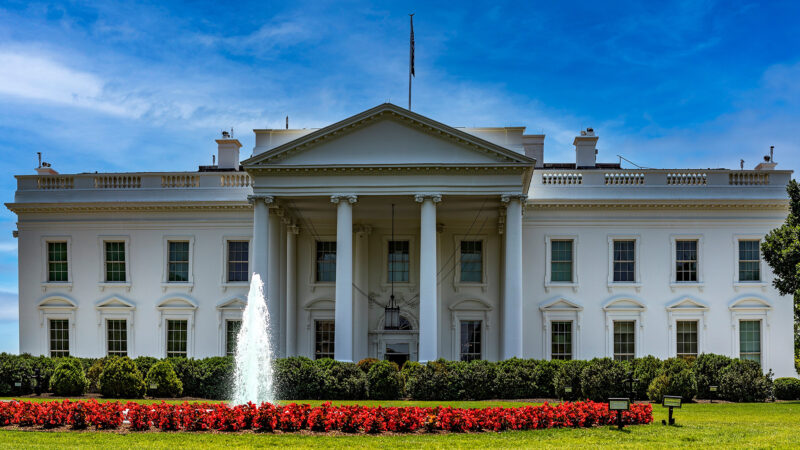
Authoritarianism, explained
Authoritarianism is a method of rule that suppresses political freedoms and civil rights, using various levers of control to shift power from the people to the hands of one ruler or set of rulers.
August 12, 2024
Proportional Representation and the Voting Rights Act
Under proportional representation, minority-preferred candidates tend to win even more seats than under single-member districts.
August 12, 2024
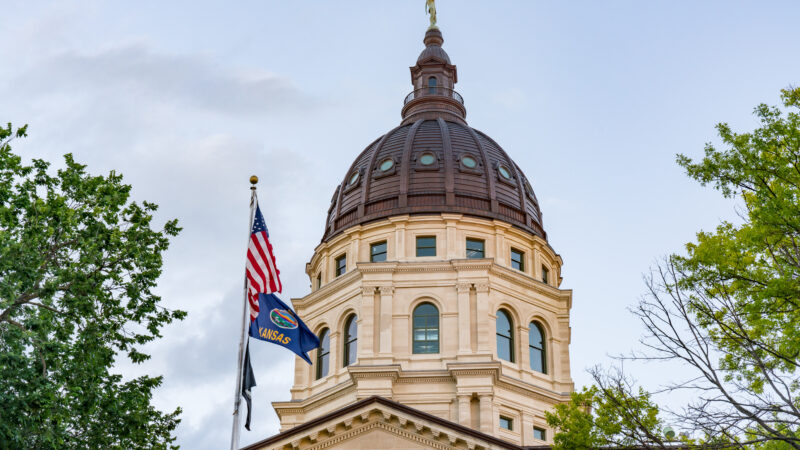
Challenging Anti-Fusion Laws in Kansas
In Kansas and other states, Protect Democracy is representing voters rejecting hyper-partisan polarization and extremism by seeking to revive fusion voting.
July 22, 2024
